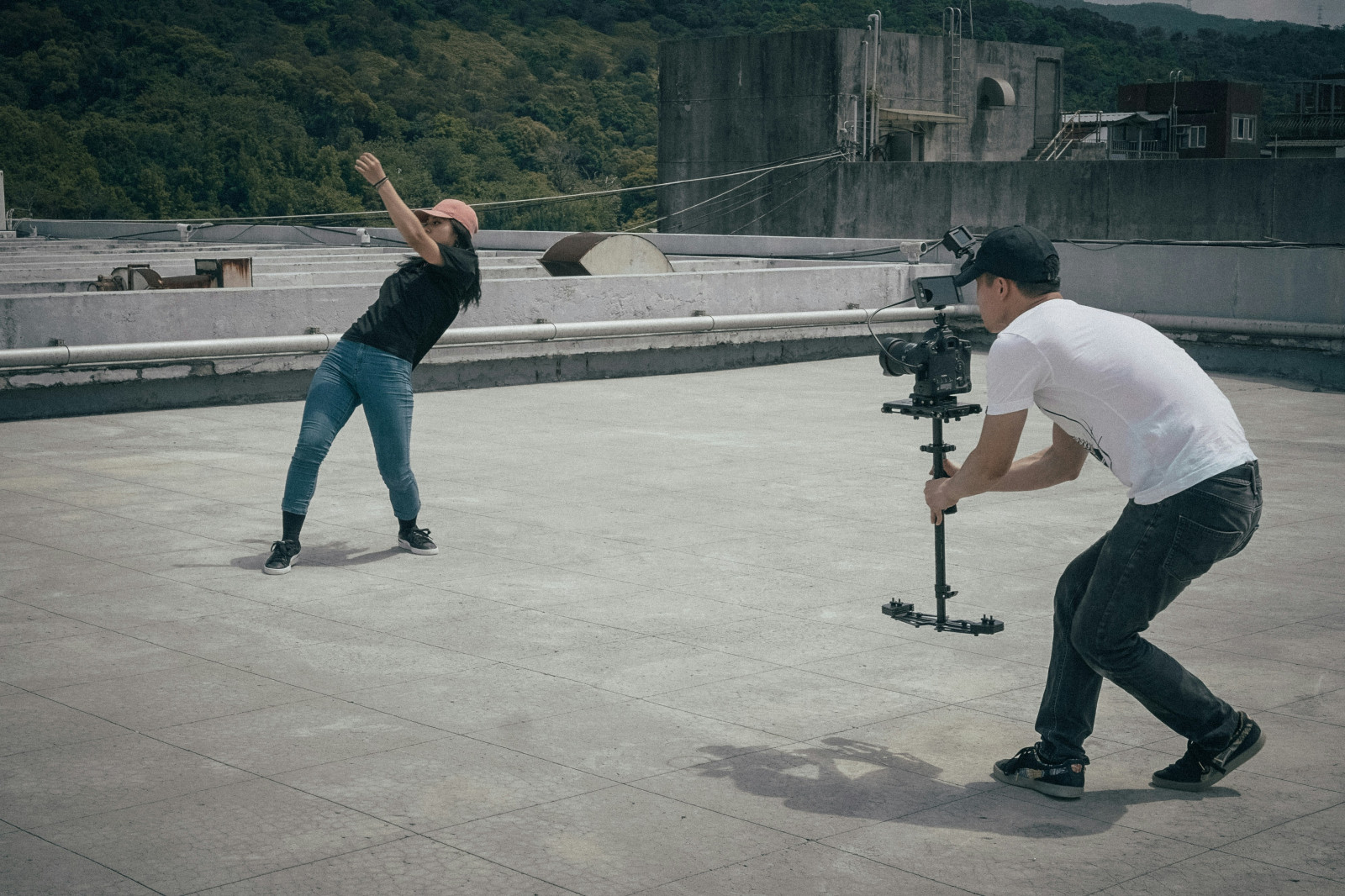Unpacking AI’s threat to video creator hardware

Photo: Chris Yang

“AI video generators are just another tool in the box”: this statement has been circulating in recent months as AI adoption gathers pace. It is mostly used to soothe concerns regarding AI disruption to video creator workflows. The thinking being that AI tools will not disintermediate existing hardware and software but will be slotted into workflows alongside what already exists. In other words: “don’t worry software and hardware companies, AI is here to support, not supplant”.
Of course, the reality is more nuanced. The extent to which AI tools will disrupt video creator workflows depends on the values of the individual and how they want to create. MIDiA outlined in its "State of the video creator economy" report how video creators have trifurcated into three broad camps: marketing creators, social video creators, and film and television editors / professional videographers.
Trifurcating creation behaviours
Within these camps, the need for speed and control varies. While all creators would like to work faster with more creative control, there tends to be a trade-off between the two. Those seeking to speed up through streamlining end up being less hands on with creation tools, and vice versa. So how does this look in practice? Broadly speaking, marketing creators posting on socials want to produce content quickly, so they can digest the audience analytics before tweaking their approach to maximise reach. TV and movie makers may want AI to tackle the laborious processes, but not at the expense of their creative control.
Featured Report
The audio creator opportunity Audio creator behaviours and monetisation potential
Historically, YouTubers and TikTok influencers have received the lion’s share of mainstream attention as a creator class – but audio creators are increasingly active on the same digital platforms and operating within the same formats. As a result, the audio creator has become a jack of all trades, moving between copyediting, audio editing, and ...
Find out more…
Safeguarding the funnel
This is the case when it comes to beginner creators. The democratisation of creation presents an opportunity to widen the funnel to more hardware buyers. Yet, these casual creators are also a prime target for AI tools providers who offer an opportunity to generate footage far beyond a casual creator’s skillset. While creator hardware penetration is lowest among beginners, the threat comes from AI tools becoming embedded at the beginning of a creator’s journey and reducing the need for creator hardware as they progress to the intermediate and advanced level (where penetration is much higher).
In the recently published "Hardware user profile", MIDiA explores how hardware companies can increase penetration among casual creators and defend their business from AI disruption through variety of measures, from product bundling to recalibrating marketing strategies. Following this is the AI and the future of hardware report, which will be published this month (October 2024). This report will explore the impact of AI-only workflows on the hardware value chain by pinpointing the low and high-risk areas. By understanding how video creators are pivoting to embrace AI, hardware companies can safeguard workflows and maximise the value they bring.

The discussion around this post has not yet got started, be the first to add an opinion.